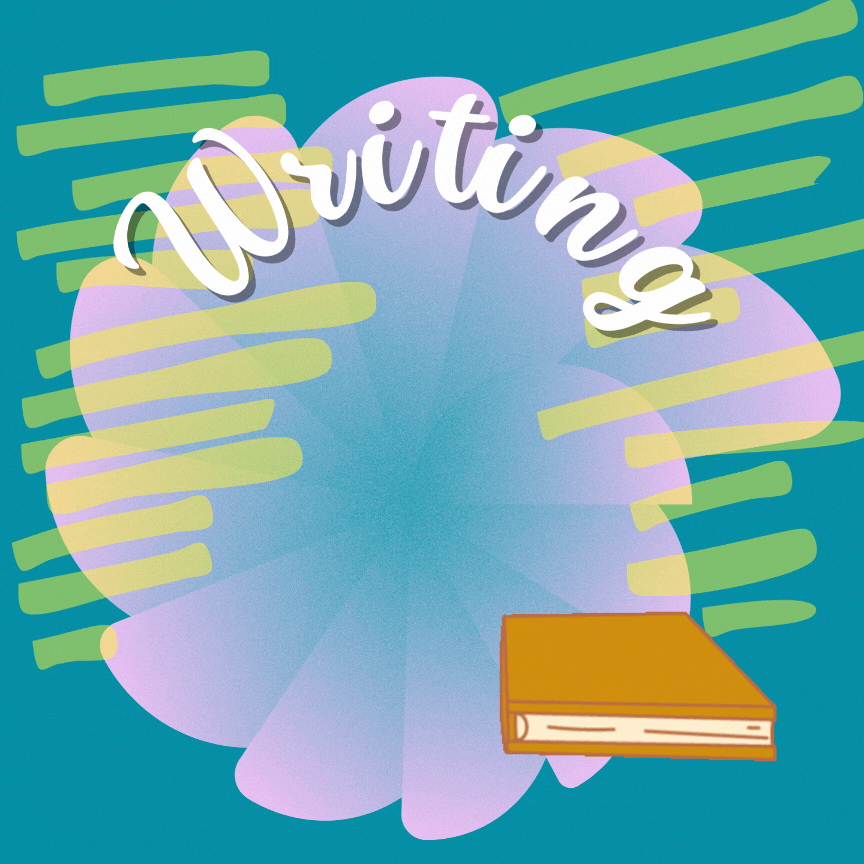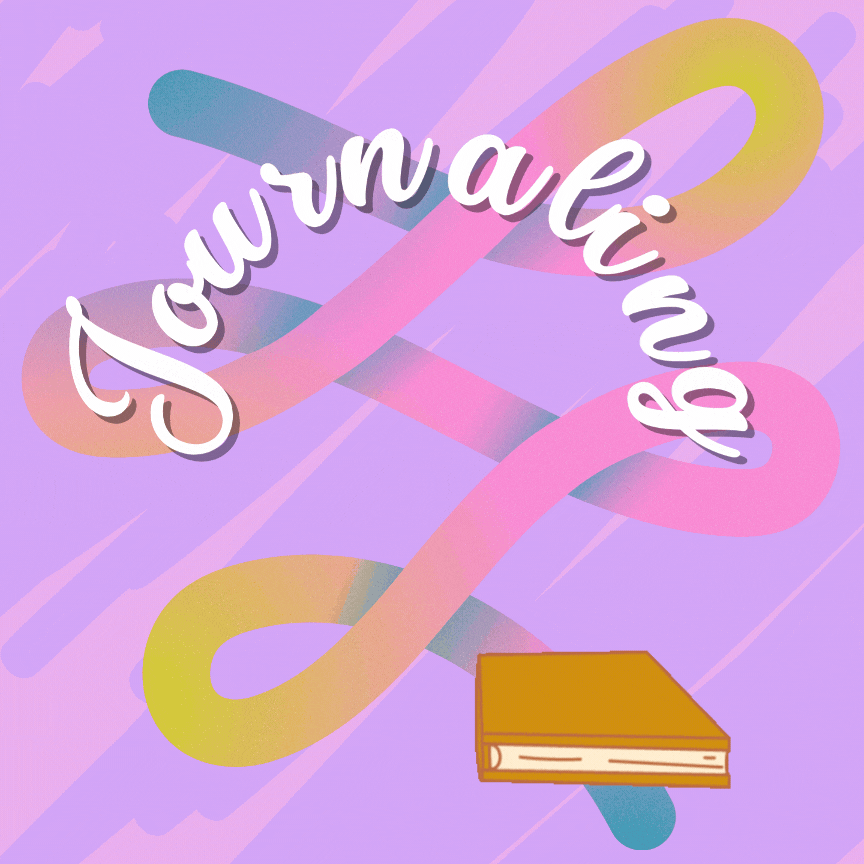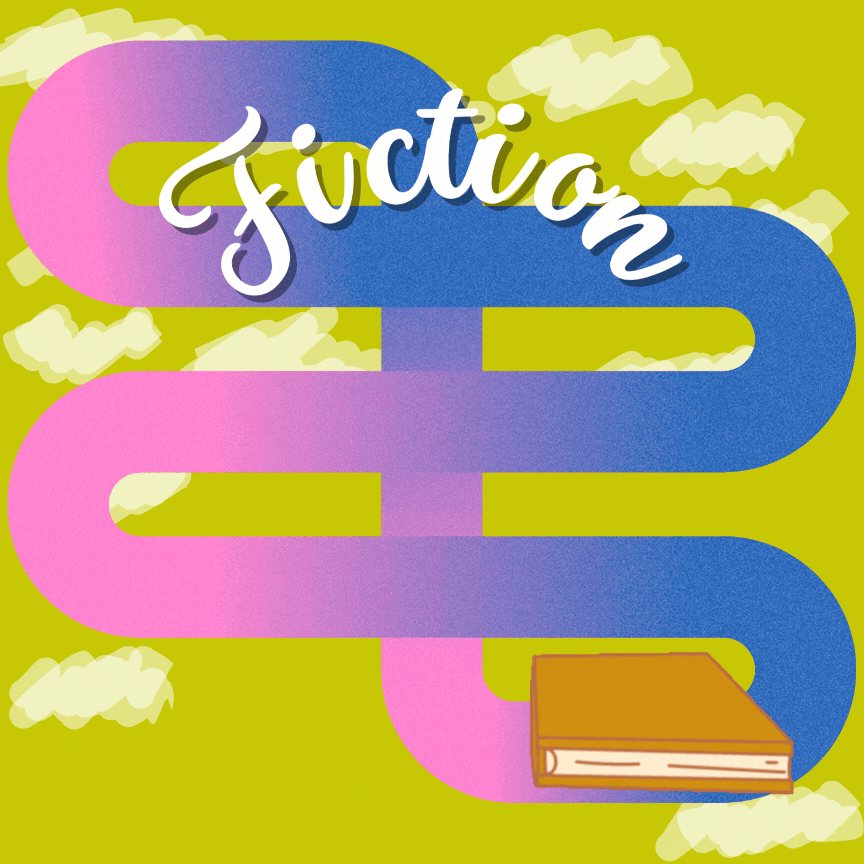
Why We Write
The psychological and neurological mechanisms when you write things down:
Brain activation:
Writing engages the analytical left hemisphere of the brain, allowing the creative right hemisphere to process emotions and intuitions more freely. This dual activation promotes a more comprehensive understanding of our experiences.
Cognitive offloading:
Writing thoughts down allows us to externalize information, freeing up cognitive resources. This process helps clear the mind and reduce the mental burden of trying to remember everything.
Emotional processing:
Expressive writing, especially about traumatic or stressful events, helps translate experiences into language. By naming and describing the event, you begin to diminish its power over you. While not a cure in and of itself, this is an important first step in empowering yourself. This process allows us to organize and make sense of our emotions, often leading to reduced distress and improved mental health.
As you create a narrative of the event, you gain deeper insights into your experience. You'll discover how you understand what happened, which aspects continue to bother you, what elements you comprehend or struggle to understand, and the complex emotional landscape surrounding the event. Through this structured reflection, you can start to process the experience more effectively, potentially uncovering new perspectives and pathways to healing.
Clarity and focus:
The act of writing forces us to focus on one idea at a time, helping to clarify thoughts and prioritize information. This increased clarity can lead to better decision-making and goal-setting.
Long-term benefits:
Regular journaling can lead to long-term improvements in mood, stress levels, and depressive symptoms. It also helps in developing a greater sense of meaning and self-understanding. Research has demonstrated that people who engage in expressive writing about traumatic events are less likely to get sick and recover faster from physical ailments, including faster wound healing. Studies have shown that expressive writing can lower blood pressure and improve liver functionality, indicating a reduction in physiological stress responses.
By externalizing our thoughts and emotions through writing, we create a sense of distance from them, allowing us to process and release them more effectively. This process can lead to a feeling of emotional unburdening and increased mental clarity.
When To Write
There is no answer that fits everyone. You know your schedule. When you first start this project, consider writing everyday at the same time. Some people wake up and write, creating a morning ritual that includes writing. Some work late into the night. Start with short assignments, allocating a minimum of 25 minutes to the task. After a month, add another 5 minutes. Continue this monthly addition of a few minutes until you are up to the most you feel you can handle. Start carrying a small notebook and pen with you to jot down ideas.
The How
Find a comfortable quiet place. Grab a drink, some napkins, even a snack. You only have this allotted time - don't waste it getting up to get something. Now the big decision: Writing by hand or on the computer. Start out small - get a piece of paper and a pen or pencil (no erasure - just cross it out and keep writing!). If you find things are flowing out of you faster than you can jot them down - change to a computer or use a speech to text app. Consider taking a small note pad and pen with you to jot down ideas. If you do use a computer, consider having a bedside journal with a pen for the slower thoughts and feelings to come out.
The What
Know your audience is the number one advice when you start writing. To know that you must choose your topic and style. There are many to choose from but we will be focusing on these for now:

Journaling
The concept of journaling is not new, however, with the growing amount of distractions it has become easier to step away from oneself and simply netflix your life away. If you are feeling lost or overwhelmed by the world around you, consider using this tool in the following manner. The journal is a safe space to vent, consider and inspect parts of yourself and your life that you feel are not going the way you want. You can write about your desire and you can process what hurts you. You can even express anger in a journal that you wouldn't want to express elsewhere. Don't stop there! With the feelings start consider why you feel the way you do.
What part of this particular difficulty are you able to change?
What parts feel unchangeable?
Who could you talk to or ask for help from?
What would happen if you did ask for help (worst case - best case)?
What are you worrying about and what is causing you stress?
If you don't have the capacity to write stories or sentences, try a simple word association. In big letters choose one of the following words, then in smaller letters write all the things that come to mind when you think of that word: Stress, worry, concern, future, past, myself, mother, father, brother(s)/sister(s), school, work, money, friends.
Beware! Writing about negative things will make you feel bad in the short term. However, if you ignore it, it simply comes out in other areas and behaviors. Having at least this outlet for the negative will help in the long run - especially if you are able to think of yourself as the main character, someone who can handle the situation, even very bad ones, someone who can get through this with a little help. And when there is no help to be found, the journal itself could be the other you - a sounding board for your ideas, dreams and thoughts.
Journalling won't help everyone - but consider doing it, if not regularly, then just when you have large upsets in your life. As you think through the feelings of the challenge, consider how it effects you, the reasons you think it is happening, and what you understand about it.

Fiction
The world of fiction is not that far removed from the world of journalling; That being said, fiction works on the weaving of the emotional landscape with a captivating narration that is constructed with linguistic mastery.
- To build linguistic mastery you must read and read widely.
- Drafting and revising helps a writer grow.
- Recognize the value of your own experience - write what you know.
- The world is your writing teacher. Talk to people, go out and do things.
Things to Pay Attention to:
- Setting - Does the place feel real? Does it add to the story? Is it a character in the story? Does it inform the plot or the characters in anyway?
- Description - Do you feel part of the scene as you read? Do the descriptions feel like they are leading you somewhere, relevant? Do the descriptions reveal something about the plot or the characters? Are there any words that seem out of place? Overused? Is the voice passive or active? Does the writer tell what is happening or show you?
- Characters - Do they feel real? Relatable? What is inconsistent about them? What is interesting? What is their motivation?
- Dialogue - Does each character sound like themselves or are they interchangeable? Do the characters sound like they are talking to each other or to you (the reader)? Is there too much or too little dialogue?
- Plot and Pacing- Can you follow the story without trouble or confusion? Do the events occur with a sense of beginning, middle and end? Is there build up? Is there a satisfying conclusion?
- Readers reaction - when the writer is trying to do something, do you, the reader, respond the way the writer wants? For example, when the author is trying to be funny, did you think it was funny? When there is a plot twist, where you surprised or interested?
- Critique - talk about what works and what doesn't, not what you like or don't like. If you find a piece of dialogue interesting, try to work out why you thought it worked. Balance critiques to include things that work and don't work - nothing is all bad or all good. If it is mostly leaning towards one side, talk about the other side in a 60:40 ratio at most.